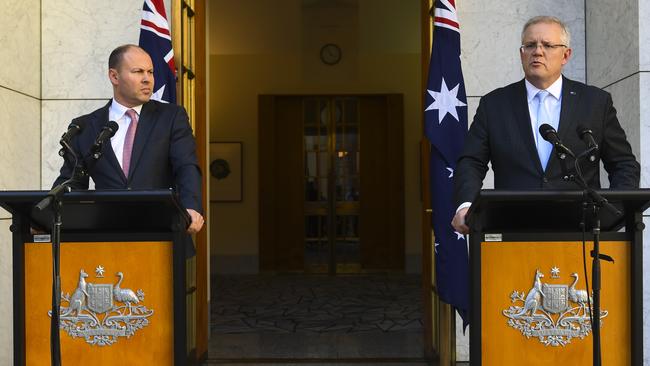
Some companies may end up having to be nationalised, if even only temporarily.
The government isn’t there just yet. But people should be under no illusion as to what might be coming down the pipeline.
It may sound dramatic but it may be necessary and, in the end, the smart and right thing to do.
The $105bn rescue package announced on Thursday may be just the first instalment in trying to avoid extended weakness that leaves a damaged economy.
There are privately run bus services, even airports and airlines and basic economic infrastructure that, if they are about to fail in the hands of private enterprise, may ultimately have to be transferred into taxpayers’ hands for a time.
Virgin could be one example of a company, if it were to go to the wall, that the government might consider a “strategic” priority.
There is no way it will allow Australia to return to a virtual single-carrier environment in a post-virus world.
Bailouts or buying dead ducks for a dollar. Then privatising them again on the other side of the crisis. These are the doomsday-button economic issues now occupying the minds of the Prime Minister and Josh Frydenberg.
If it all goes pear-shaped, what are the smart plays today to ensure how the country maintains a functioning economy at the end of all this?
Just as we had been warned to expect Orwellian impositions on our social fabric, which we are now living, so too people will have to accept that the economic response will include things that would otherwise have been inconceivable.
These changes are massive and they have turned political ideology on its head.
Economist Chris Richardson puts it bluntly. The way the world worked last month is now “ancient history”.
“It’s a new world,” Richardson says. “And with the Reserve Bank now mostly out of ammo in a virus world when the Australian economy is already weak, governments are going to have to do what was previously unthinkable. We will have to get over our old ways of thinking.
“And the nations that do this fast enough, to get over old ways of thinking, will be the ones that fare better. The government is going to have to spend vast amounts of money without batting an eyelid.”
Morrison now finds himself in the grip of depression economics. In that respect, he may end up being the leader for the times. He is pragmatic enough to pivot quickly and with flexibility into a new political paradigm without any hand-wringing over dogma.
And he has been able to adapt to the new political reality largely because the Liberal Party is a different party than it once was. It is no longer encumbered by the old ideological hang-ups.
You could hardly call Morrison, or his Treasurer, a hard-core economic rationalist.
The son of a copper, Morrison is a different political animal.
As one of his colleagues said: “He won’t be wrestling with his conscience about spending money to improve people’s lives, keeping them in jobs and saving the small businesses that employ them.”
Whatever it takes.


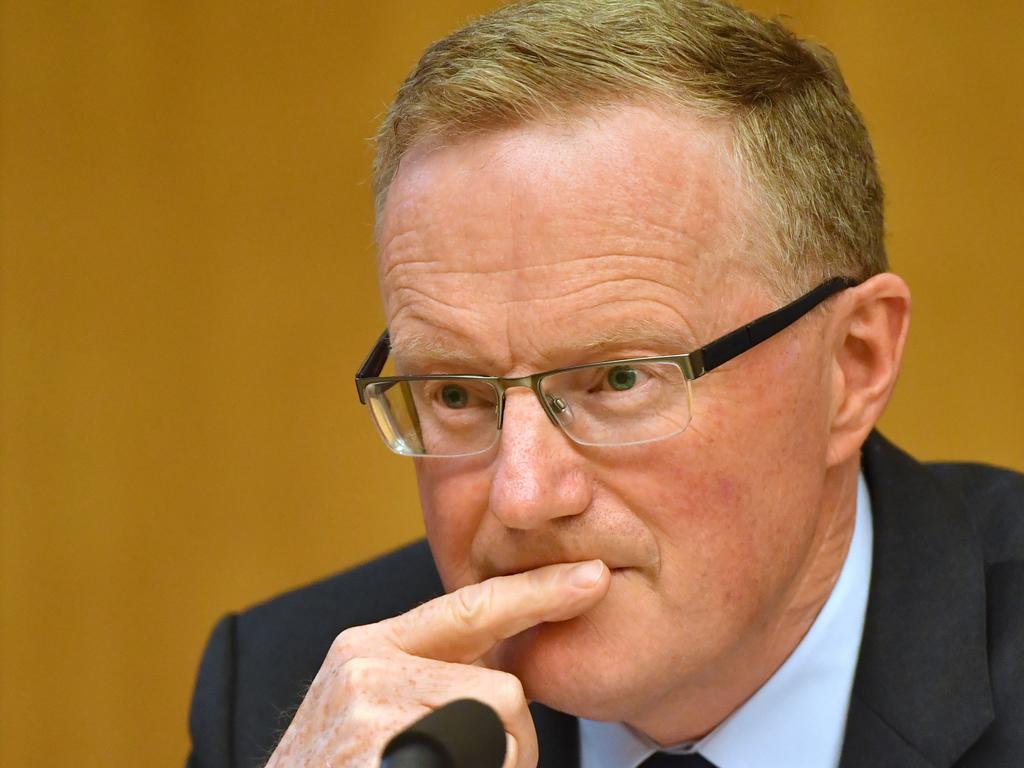
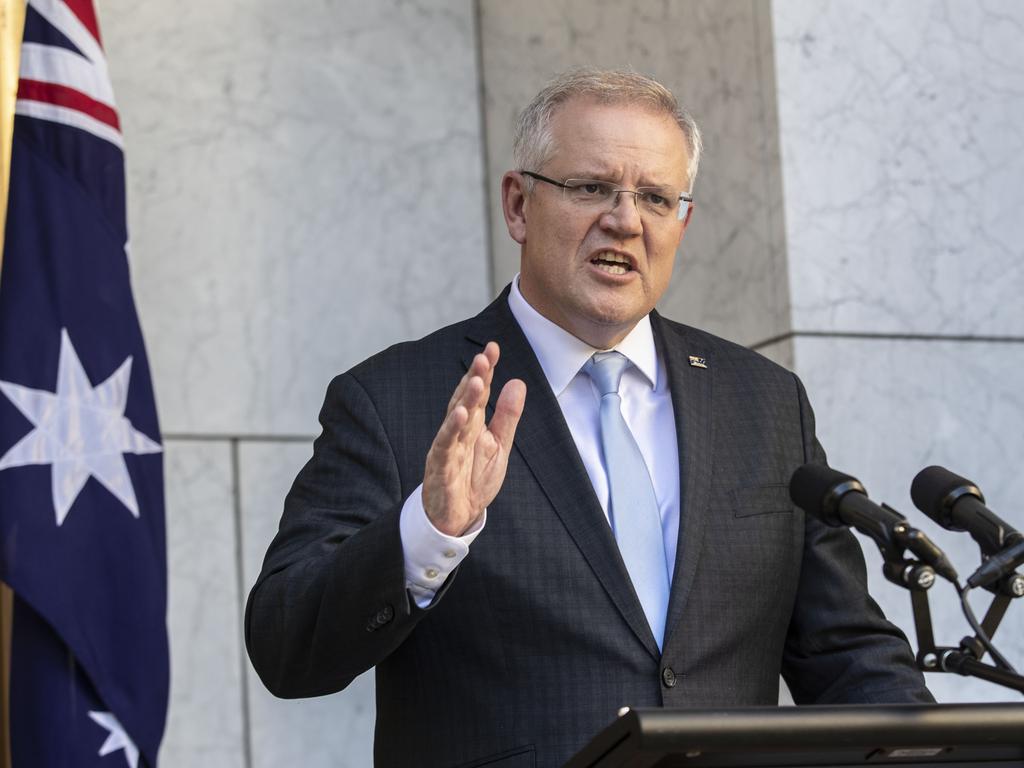
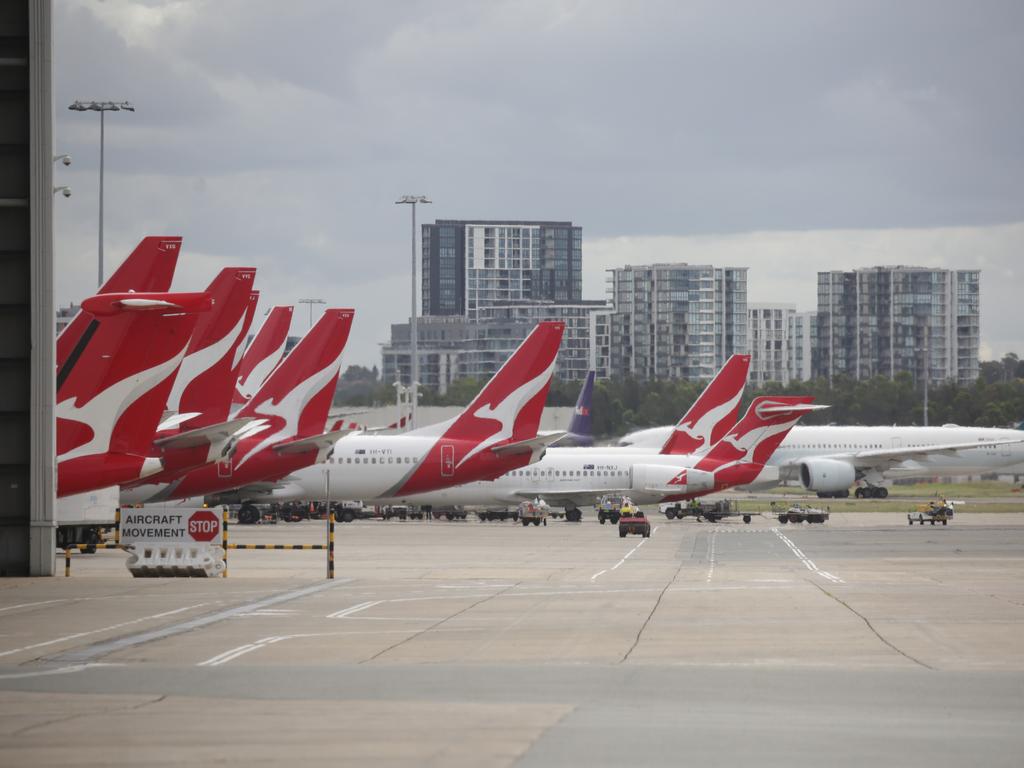
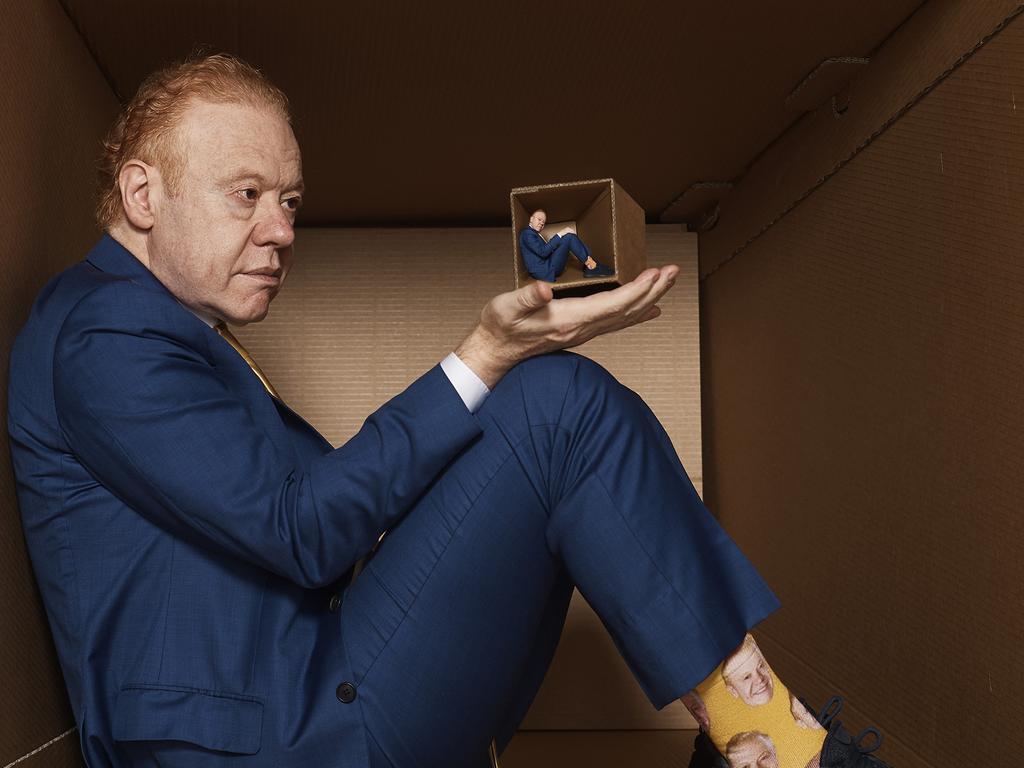
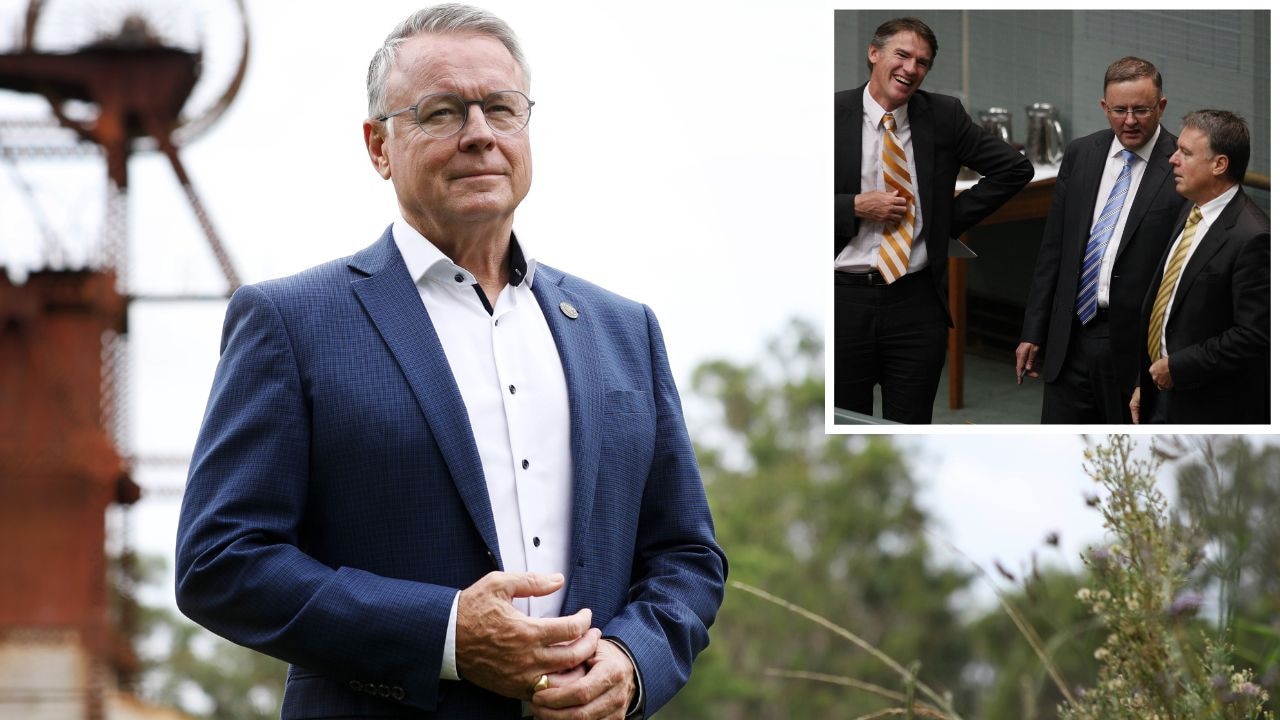
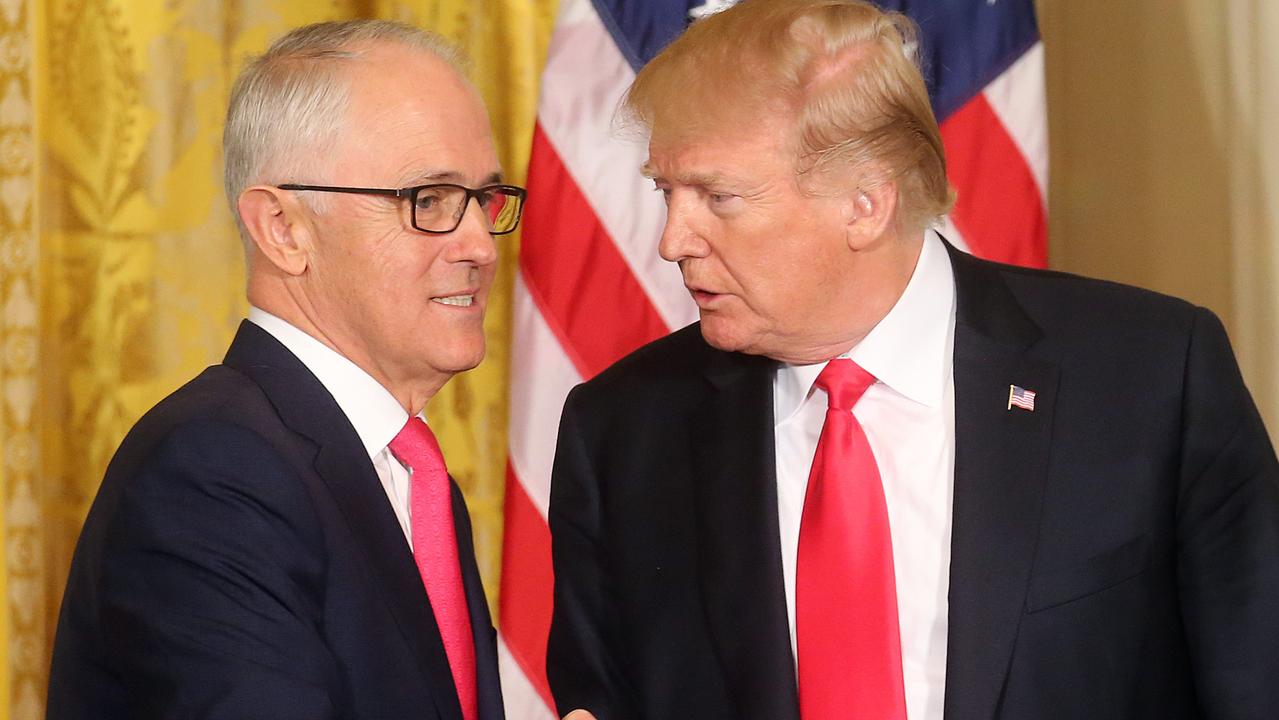
Scott Morrison is heading down a road that may require him to do what was politically unimaginable only three weeks ago.